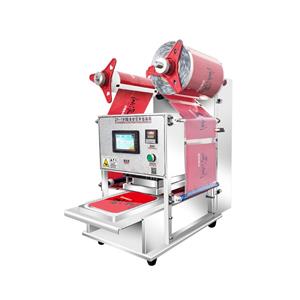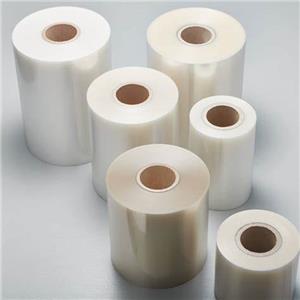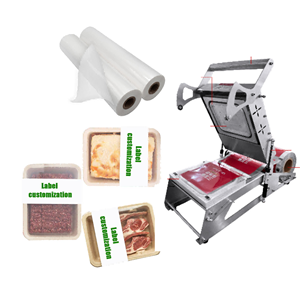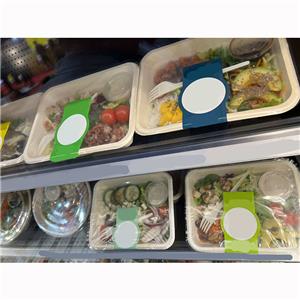New Jersey Pushes for Plastic Ban: Sugarcane Bagasse Tableware Offers Sustainable Solutions
New Jersey lawmakers are advancing legislation that would require larger restaurants and schools to replace single-use plastic utensils with reusable alternatives. This move is part of the state’s ongoing effort to reduce plastic waste and promote sustainable practices. However, the plan has been met with concerns from schools and business groups. Schools worry about the costs and potential safety issues of using metal utensils, while restaurants without the infrastructure for washing reusable items question the practicality of the proposal.
Supporters of the initiative argue that it could lead to significant environmental benefits, comparing the shift to other normalized sustainable behaviors like carrying reusable water bottles. A recent state Senate hearing on the bill included testimony from Rutgers University researchers highlighting the health concerns related to plastics. As the push for banning single-use plastics grows, alternatives like eco-friendly sugarcane bagasse tableware are becoming more prominent in discussions about sustainable solutions.
At the same time, there’s innovation in the packaging and processing industry. Arburg, a German machinery maker, has developed a new process that incorporates paper-based materials with bio-based plastics to produce parts using injection molding. This development, showcased at Fakuma 2024, represents a shift towards combining renewable resources with traditional manufacturing techniques. Although these bio-based components are currently more expensive than their plastic counterparts, experts believe that as production scales up, costs will decrease, making such alternatives more affordable.
While technological advancements are helping industries transition away from plastics, disposable tableware made from renewable resources, such as sugarcane bagasse, stands out as a viable, cost-effective, and readily available alternative. Sugarcane bagasse, a byproduct of sugar production, can be molded into various types of tableware like plates, bowls, and cutlery. These products are not only biodegradable but also offer the same functionality as traditional plastic products, making them an ideal replacement in both restaurant and school settings.
Switching to sugarcane bagasse tableware can help schools and restaurants meet sustainability goals without incurring the high costs associated with reusable utensils. Unlike reusables, which require energy and resources for cleaning, disposable eco-friendly bagasse products are designed to break down naturally after use, aligning with broader efforts to reduce plastic waste.
As environmental regulations continue to tighten, businesses must explore such eco-friendly sugarcane bagasse options to stay compliant while also contributing to a greener future. The material’s ability to be molded into various shapes makes it highly versatile, and its inherent durability makes it suitable for both hot and cold foods, making it a superior alternative to single-use plastics.
Pack Expo International 2024, set to take place in Chicago, highlights the growing focus on sustainability in the packaging industry. The expo will include presentations on the latest advancements in eco-friendly materials, with a special emphasis on disposable and biodegradable packaging solutions, including sugarcane bagasse products. Events like these underscore the industry's shift toward sustainability, driven by increasing consumer demand for greener options and the need to comply with new environmental laws.
In conclusion, the ban on single-use plastics opens the door to eco-friendly sugarcane bagasse tableware as a sustainable alternative that meets environmental goals without sacrificing convenience. For businesses looking to adapt to these changes, the use of disposable sugarcane bagasse products offers an affordable, practical, and eco-conscious solution. As more industries and institutions adopt these materials, it becomes easier to move away from the environmental harm caused by traditional plastics.




